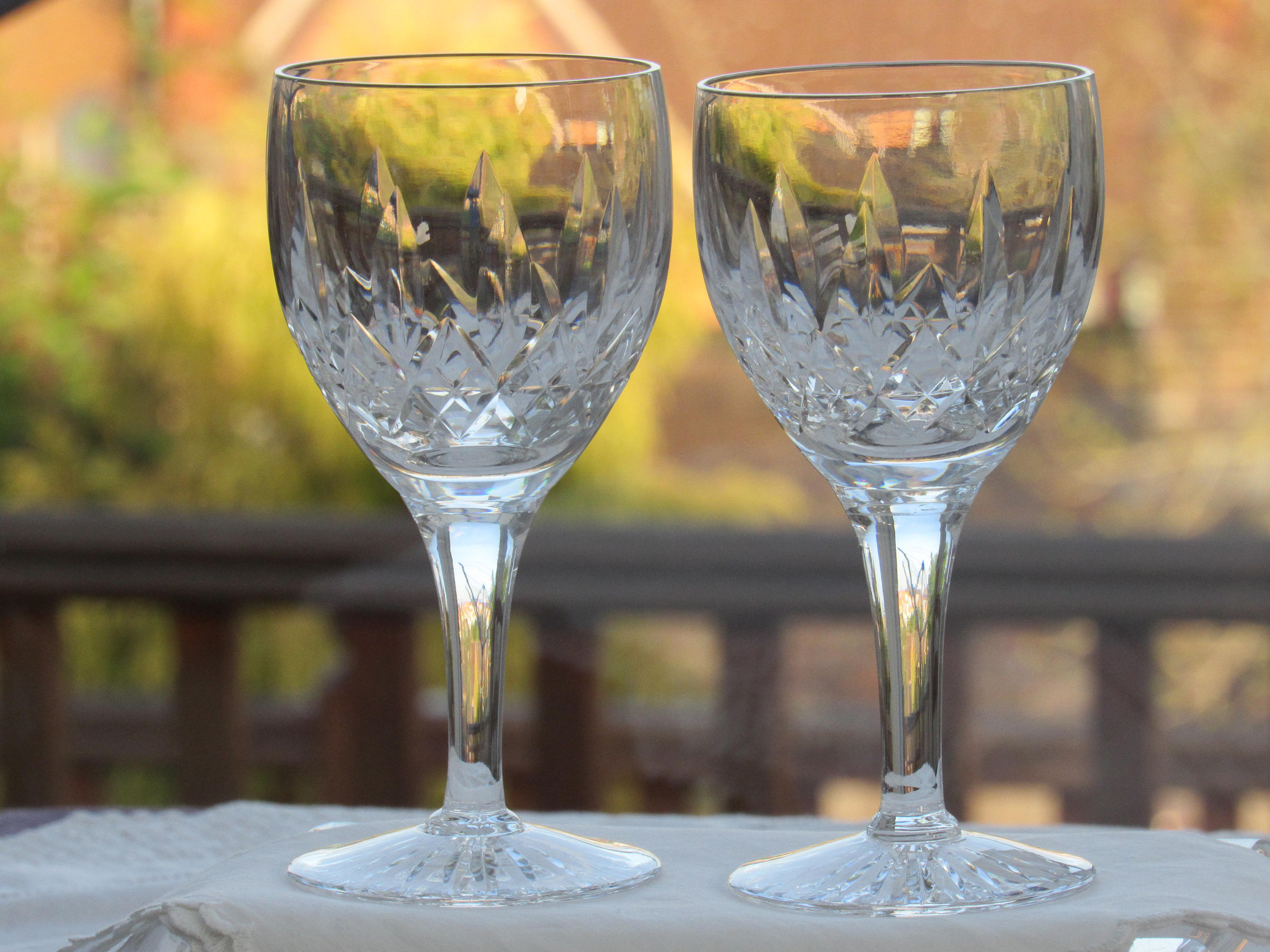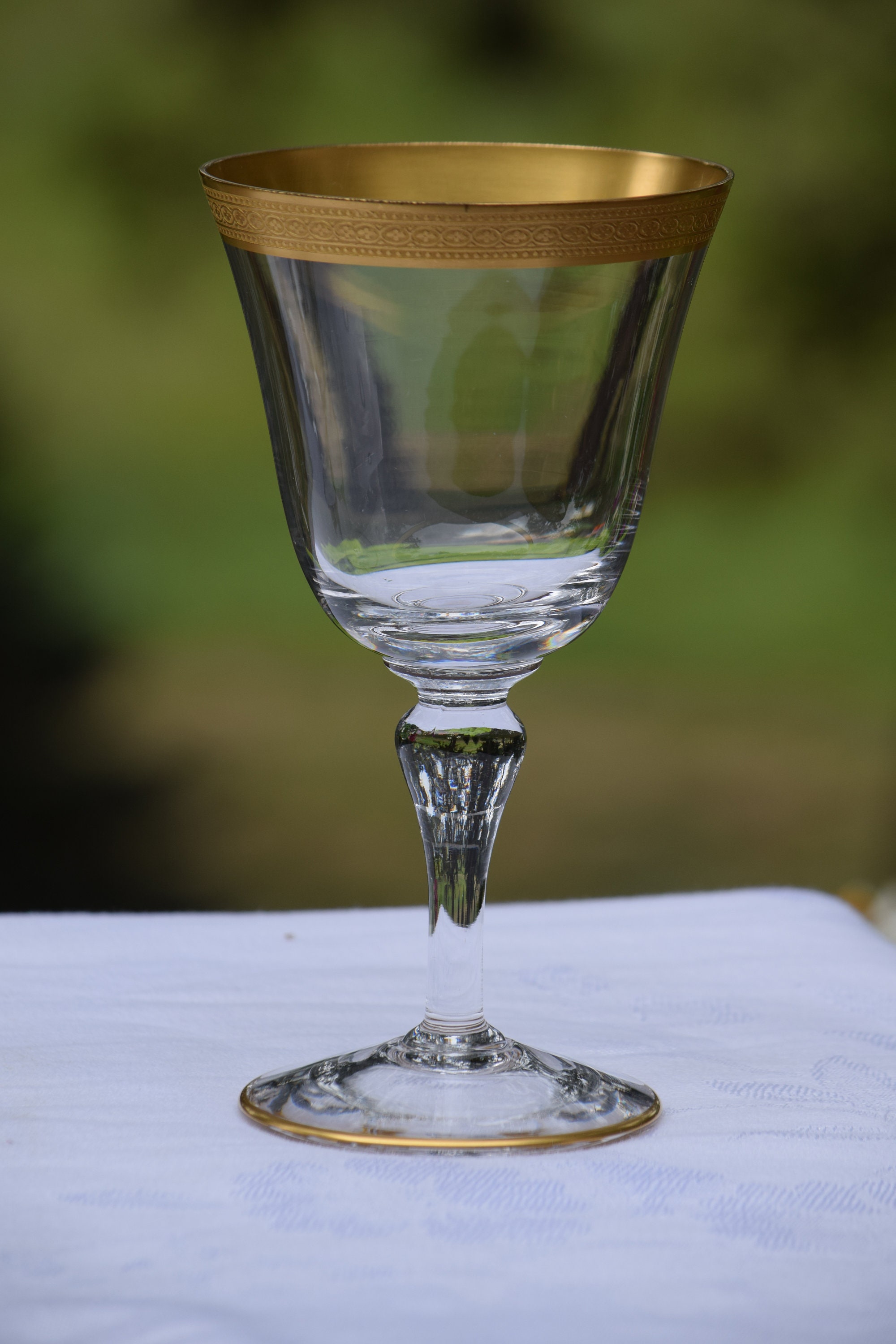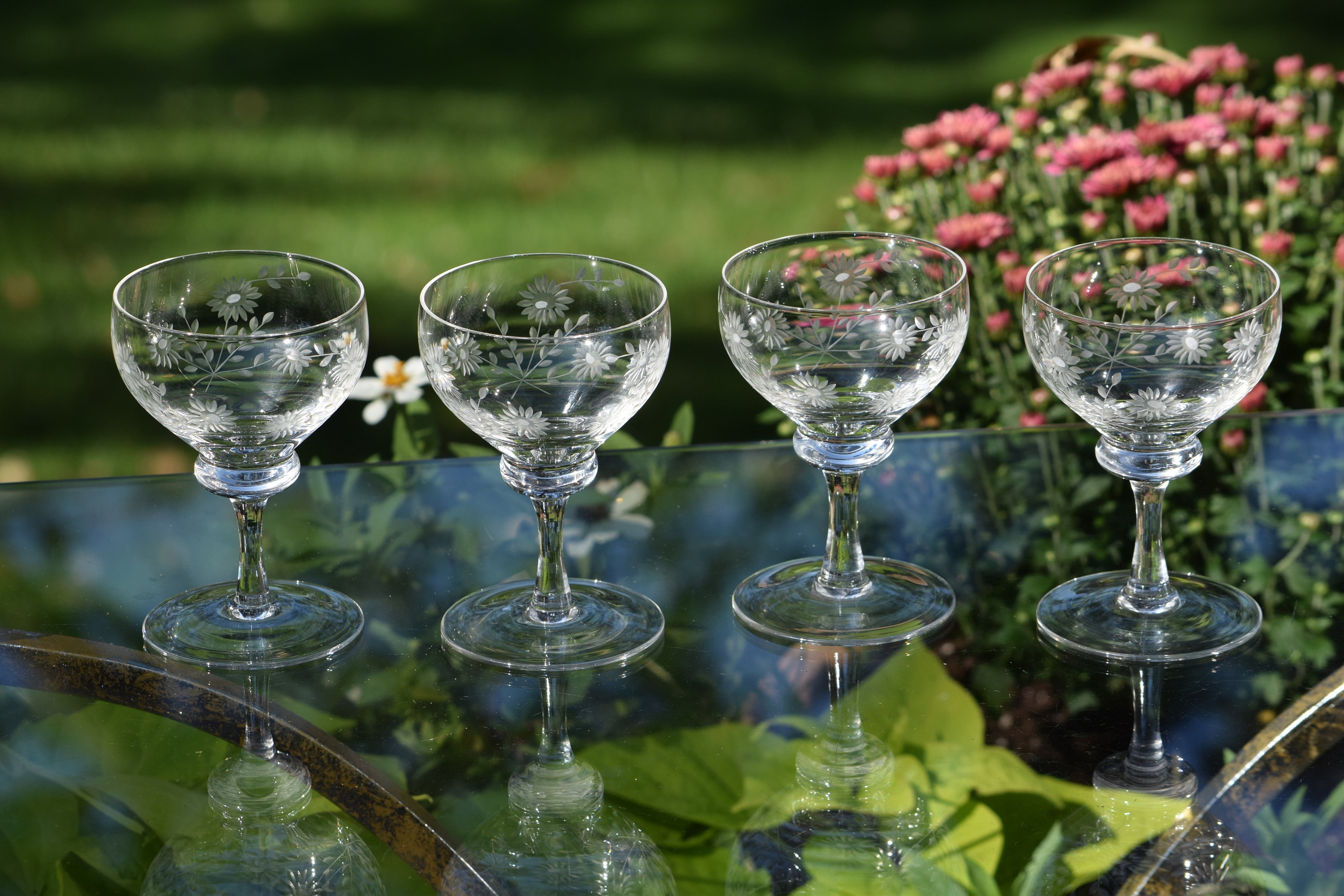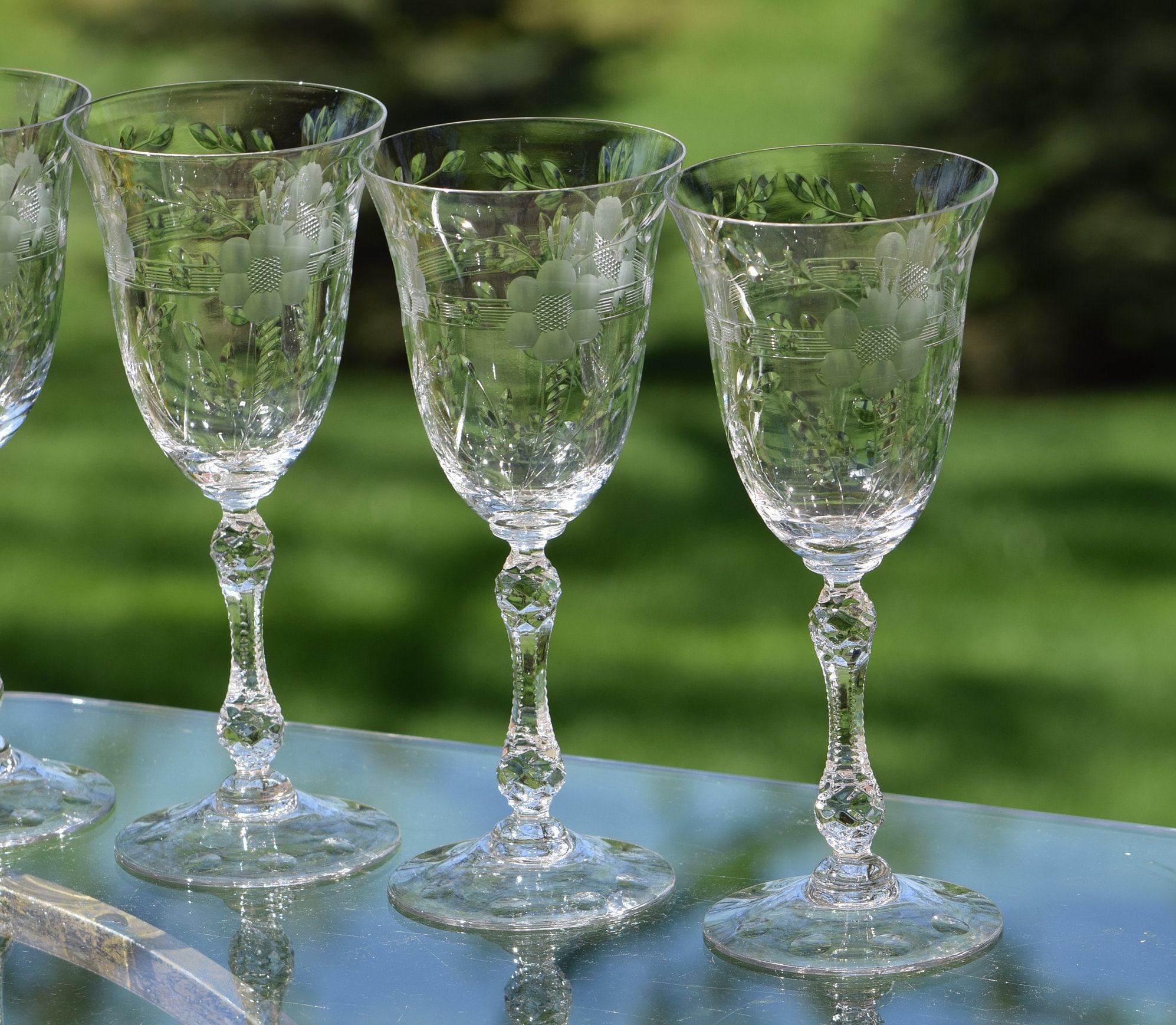

Bush vines are ideally suited for all of these purposes. In fact, they get so much sun and warmth that it's desirable to slow down ripening by lessening the plant's capacity for photosynthesis. But, contrary to traditional return, Alta Marfa has no problem ripening grapes. VSP training (the method used in most vineyards) was designed to maximize photosynthesis in cool climates where it is difficult to ripen grapes.

Turning native grasses into manure helps increase soil carbon over time, and also increases the soil's water-holding capacity.Īlta Marfa’s vines are trained as traditional bush vines, which promotes good airflow and decreases disease pressure while shading the fruit and the ground below the vines, both of which are beneficial in a hot climate. They have also left all the native plants and grasses between the vines intact, and this past winter, had sheep graze in the vineyard to mow the grass down and provide manure to help build the soil. They use wood chip mulch around the vines to help reduce evaporation and to keep the shallow soil moist so that a healthy microbiome can thrive. Taylor and his wife and business partner, Katie Jablonski, are constantly looking to adapt and find new ways to trap as much moisture in the soil as possible during the summer rainy season. The topsoil in the Hill Country is very thin compared to Oregon, so weed management isn’t as big a task, helping to limit the need for herbicides and protecting the surrounding ecosystem.Īlta Marfa’s wines feature unique, hand drawn labels.

#Vintage wine glasses free#
Their work with Summer Revival has shown some promising results, with an effective pest management program in place showing a healthy vineyard free of pests and mites. This continued research for new spray programs is an ongoing project for the pair, a challenge that will continue to evolve as the climate changes. However, in Texas, the pressure of fungi on the vines is more severe. In Oregon, the Atkins’ work with vineyards that treat their vines with mineral oil mixed with citrus oil as the surfactant – compounds that are seen in everyday use as detergents, emulsifiers, foaming agents or dispersants – and have found it suitable as a fungicide. We are also constantly working to find new solutions to deal with fungi and mold that can form in the vineyard after the rain and in humid conditions.” “Dry farming isn’t really a viable option, but trying to use as little water as possible is always our top priority. “The extreme heat and humidity of Texas are the first issues that come to mind,” says Ian Atkins. they have discovered that it is a world of difference from grape farming in Oregon. The owners of Oregon’s Flat Brim Winery have recently moved back to their home state to join the growing Texas wine industry and have formed a collaborative relationship with their Hill Country farmers, and while monitoring the vineyards for their Texas label Summer Revival Wine Co. Winemakers Ian and Becky Atkins, who recently made the transition from growing grapes in the West Coast to the Hill Country, present a particularly unique insight into the effect differing climates have on the process.

which he pulls inspiration for the Hill Country concept. Summer Revival co-founder, Ian Atkins, overseeing the vines from Oregon concept, Flat Brim, from. We will never be perfect, but being very adaptable with our growing practices helps increase our opportunities for success.” “Varietal choices and growing techniques in Texas have definitely been impacted by climate change. "Regarding wine growing, I think about sustainability in reference to our ability to grow grapes in a way that preserves both the vines and our natural resources that enable us to maintain consistency in our production over a long period of time,” says Sides. The vineyards are planted with grapes that thrive in the semi-arid climate of the region, and the team continually strives to improve the growing process in a sustainable way to enhance the character and structure of their wines. Lost Draw sources from their estate vineyard in the Texas High Plains as well as from other farmers across the state. Lost Draw is committed to producing quality wine and showcasing Texas’ unique terroir by using 100% Texas-grown grapes, helping to reduce the use of gasoline, labor and other vital resources needed to ship grapes from elsewhere. Courtesy of Lost Draw Cellars Lost Draw Cellars – Fredericksburg, TexasĪnother sustainable Hill Country stand-out is Lost Draw Cellars, founded in Fredericksburg in 2012 by Andrew Sides, Troy Ottmers and Andy Timmons. including Mourvedre, Vermentino and Rosé. Lost Draw Cellars has a variety of sustainably produced wines available at their tasting room.


 0 kommentar(er)
0 kommentar(er)
